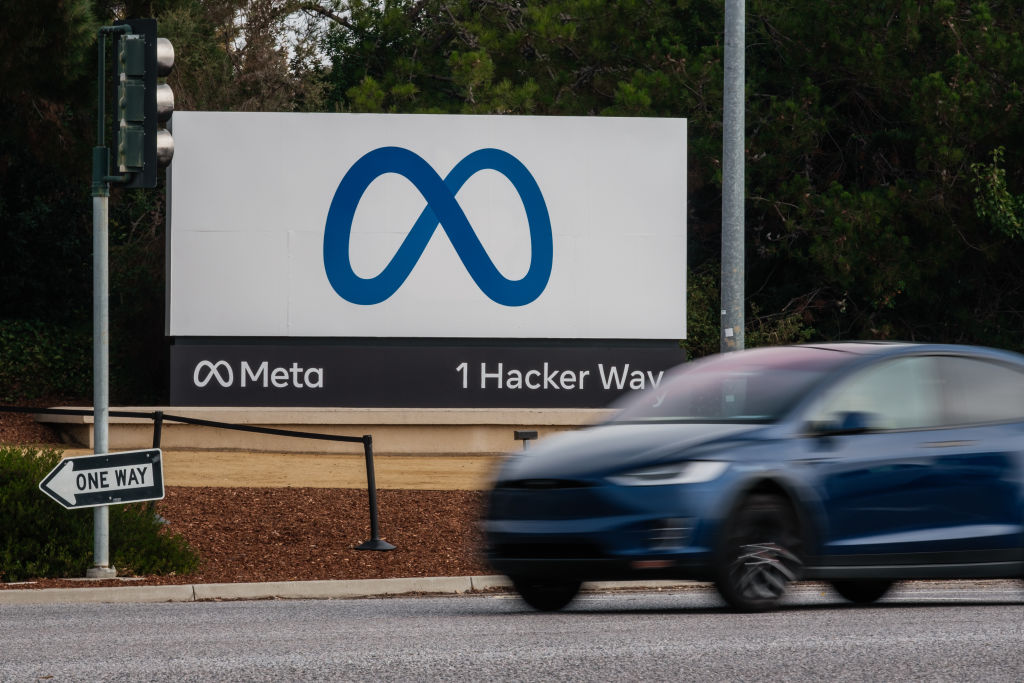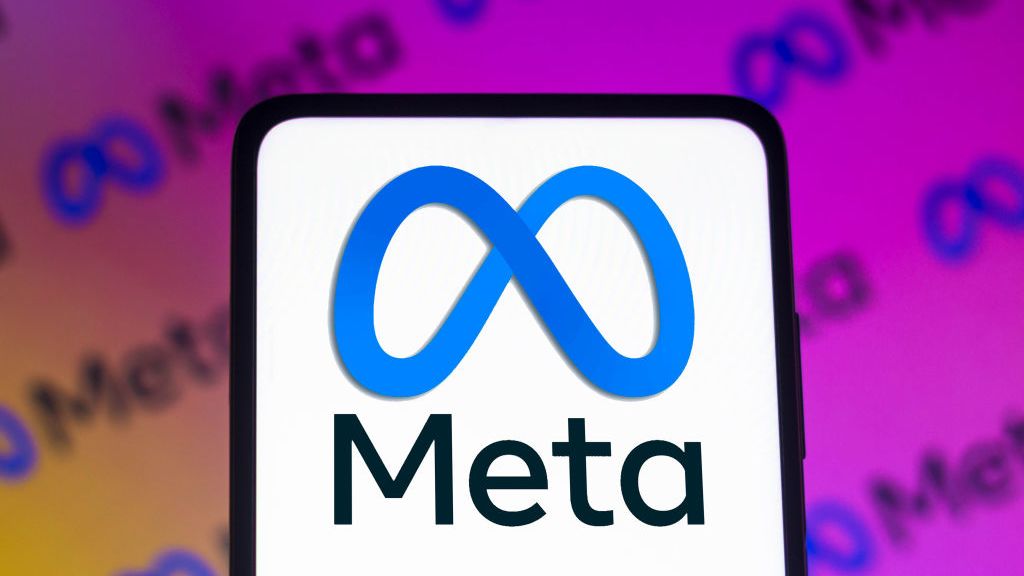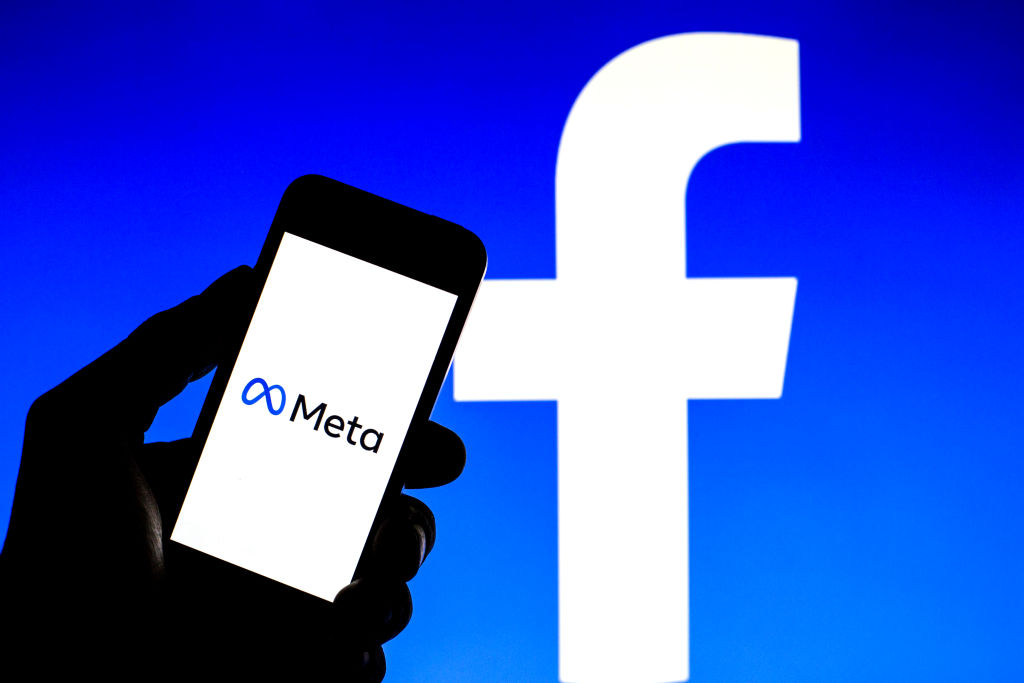Koobface turns eyes towards Macs
A version of the Koobface worm, which uses social networks to spread, has been discovered targeting Macs.


A Mac version of the infamous Koobface worm has been discovered for the first time.
The malware propagates via social networks like Facebook and Twitter, and once installed via a Trojan horse, it implants a rootkit, a backdoor as well as a command and control centre.
Intego's Virus Monitoring Centre had been tracking the Mac version of the worm but did not feel compelled to issue a release about it given the low risk it posed.
The security firm has discovered a number of infections in the wild, although they have not caused any noticeable damage.
"Either the malicious malware has bugs preventing it from running correctly, or the servers it contacts are not active or are not serving the correct files," Intego said.
"While this is an especially malicious piece of malware, the current Mac OS X implementation is flawed and the threat is therefore low."
Koobface attackers use social engineering tricks to get users to click on a link, which will direct the target to a malicious website that will then try to load a Java applet.
Get the ITPro daily newsletter
Sign up today and you will receive a free copy of our Future Focus 2025 report - the leading guidance on AI, cybersecurity and other IT challenges as per 700+ senior executives
This will bring up a standard Mac OS X Java security alert and if the user clicks Allow' the applet will run and try to download files from one or more remote servers.
"If files are downloaded, they are stored in an invisible folder (.jnana) in the current user's home folder," Intego explained.
"These files include elements designed to infect Mac OS X, Windows and Linux. The Java applet should also download an installer that will then launch and attempt to install the malware."
Koobface was first spotted in 2008, using subject headers such as "You look just awesome in this new movie," to lure users in.
Earlier this year, it emerged Koobface attackers were tracking the success of their fake YouTube pages.
Tom Brewster is currently an associate editor at Forbes and an award-winning journalist who covers cyber security, surveillance, and privacy. Starting his career at ITPro as a staff writer and working up to a senior staff writer role, Tom has been covering the tech industry for more than ten years and is considered one of the leading journalists in his specialism.
He is a proud alum of the University of Sheffield where he secured an undergraduate degree in English Literature before undertaking a certification from General Assembly in web development.
-
 Latest Meta GDPR fine brings 12-month total to more than €1 billion
Latest Meta GDPR fine brings 12-month total to more than €1 billionNews Meta was issued with two hefty GDPR fines for “forcing” users to consent to data processing
By Ross Kelly
-
 "Unacceptable" data scraping lands Meta a £228m data protection fine
"Unacceptable" data scraping lands Meta a £228m data protection fineNews The much-awaited decision follows the scraping of half a billion users' data and received unanimous approval from EU regulators
By Rory Bathgate
-
 Meta notifies around 1 million Facebook users of potential compromise through malicious apps
Meta notifies around 1 million Facebook users of potential compromise through malicious appsNews The vast majority of apps targeting iOS users appeared to be genuine apps for managing business functions such as advertising and analytics
By Connor Jones
-
 Twitter API keys found leaked in over 3,200 apps, raising concerns for linked accounts
Twitter API keys found leaked in over 3,200 apps, raising concerns for linked accountsNews Business and verified Twitter accounts linked to affected apps are at risk of takeover, use in malicious campaigns
By Rory Bathgate
-
 Facebook business accounts hijacked by infostealer malware campaign
Facebook business accounts hijacked by infostealer malware campaignNews Threat actors are using LinkedIn phishing to seize business, ad accounts for financial gain
By Rory Bathgate
-
 Meta begins encrypting Facebook URLs, nullifying tracking countermeasures
Meta begins encrypting Facebook URLs, nullifying tracking countermeasuresNews The move has made URL stripping impossible but will improve analytics
By Rory Bathgate
-
 Meta hit with €17 million fine over multiple GDPR breaches
Meta hit with €17 million fine over multiple GDPR breachesNews The social media giant set aside over €1 billion in November to help it cope with potential fines arising from data protection investigations
By Zach Marzouk
-
 Meta says Apple's iOS privacy changes will cost it $10 billion in 2022
Meta says Apple's iOS privacy changes will cost it $10 billion in 2022News The company's CFO suggests Google "faces a different set of restrictions" because it pays Apple to remain the default iOS search engine
By Bobby Hellard

